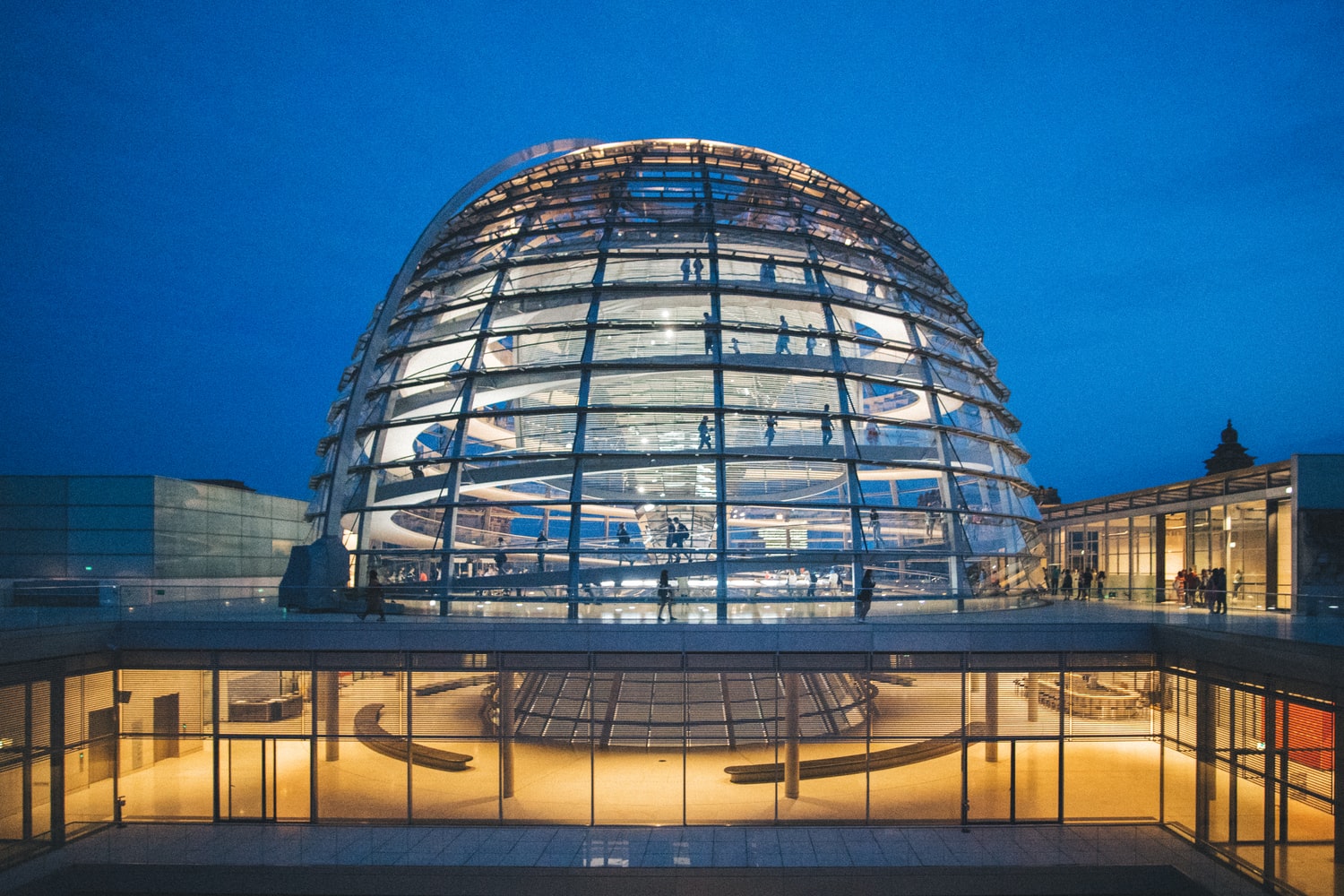Germany with its great culture has always been the closest European country to Russia
VICTOR LOUPAN, Head of the Editorial Board
From the earliest times, the Germans have always been accepted by Russia and Russians as strange friends. To begin with, the definition of “German” is ridiculously unique – for its original meaning which is “mute”. In other words, it means a person whom you cannot understand, who speaks incomprehensibly, unclearly. The Old Russian human simply did not know the words “foreigner” or “alien”. That is why someone who spoke incomprehensibly was just a “German” for him. Later, our ancestors started calling all representatives of the Germanic peoples this way, and then – the inhabitants of Germany, when Germany was finally established due to superhuman efforts by Bismarck.
If we proceed from the fact that the word “German” is synonymous with the word “foreigner”, we will realise that the Germans were probably the first aliens with whom the ancestors of present Russians had to communicate in one way or another.
Experts argue that the relationship between the ancestors of today’s Russians and Germans existed long before the establishment of Kievan Rus (882) and its Christianisation (988). Christianisation, incidentally, led to the first “ideological” conflict, because German Catholic missionaries continuously attempted to convert Russians to Catholicism. Later Russia often fought militant representatives of various Germanic tribes. We will not mention everything here, but we cannot ignore the invasion of “invincible” Teutonic knights, who were defeated by Prince Alexander Nevsky in 1242, finally stopping their crusade to the East.
But it would be wrong to think that Germans only wished to do harm to Russia. Sophie Auguste Friederike of Anhalt-Bernburg, a Prussian princess consort of Anhalt-Zerbst, who became Empress and All-Russian autocrat Catherine II as a result of the palace coup that overthrew her husband Peter III from the throne, had done so much for the greatness of Russia that she went down in history under the name of Catherine the Great. During her rule that lasted more than thirty years, the borders of the Russian Empire were largely pushed to the West (partitions of the Polish-Lithuanian Commonwealth) and to the South (Novorossiya, Crimea, Caucasus). The German colonists invited by her to Russia for land development, had transformed and modernized domestic agriculture. She also completely reformed the state government “in a German manner”, making it more rational and effective. Thanks to incredible efforts by Catherine and her loyal servants, Russia finally became one of the great European powers.

From a religious point of view, during her term Russia became even more liberal than many European countries. The religious matters and disputes among Jews were, for example, brought to the jurisdiction of the Jewish courts. Depending on the funds they had, Jews were assigned to the corresponding class and could be elected to local government bodies, become judges and other civil servants. It was extremely liberal. Catherine allowed the Jesuit Order, which was officially banned in all European countries, to relocate its headquarters to Russia. Further she patronized the Order: she provided it the opportunity to open a new residence in Mogilev, visited its institutions and showed many other kindnesses.
Culturally, the Empress was fond of literature, collected art masterpieces and exchanged correspondence with the French enlighteners. Therefore, we can safely say that thanks to the “German” Catherine II, Europe has become unthinkable without Russia.
Germany gave Russia not only Catherine, but also Karl Marx, without whom there would be no Lenin, no Stalin, no USSR. Without Kant, Schopenhauer, or Hegel, there would be neither Westernising Russian philosophy, nor the opposing Slavophiles. Remember how Gorky shouted enthusiastically: “I read Schopenhauer!”
Apart from literature mainly influenced by France, and painting led by Italians, all other areas of culture, art and education were pervaded by Germanic influence. Even the classical Russian secondary school was established based on the German model.
Original and very Russian manifestations in literature (Pushkin, Gogol), music (Glinka, the Mighty Group, Tchaikovsky), painting (the Itinerants) appeared in all their greatness only in the 19th century. Before that, everything “Russian” was rather secondary because of the European, primarily German influence.
Germany with its great culture has always been the closest European country to Russia. In the 20th century, despite the First and terrible Second World Wars, despite the division of Europe into two camps and the division of Germany into the East Germany and the West Germany, it was Chancellor Willy Brandt with his unsullied anti-fascist background, who led off the rapprochement between West Germany and the “socialist camp”. Willy Brandt’s Eastern policy (Ostpolitik) was highly criticised in the West, but it played a decisive role in our common European history.
After the “collapse of communism” and the dissolution of the USSR, Germans were among the first to rush to Russia. The first Western banks to open in Russia were German. They were opened in Saint Petersburg and none other than the then first deputy mayor of the Northern capital, little-known Vladimir Putin, contributed to their opening.
And now, despite the crisis and geopolitical difficulties, Germany remains the key economic and political – sometimes a partner but sometimes an interlocutor – for Russia: on the one hand, we saw the absurdity with Navalny, but on the other hand, we partner for Nord Stream 2.
The history of Russian-German relations having more than thousand years in a background testifies to their depth based on a long-term connection between our countries.




